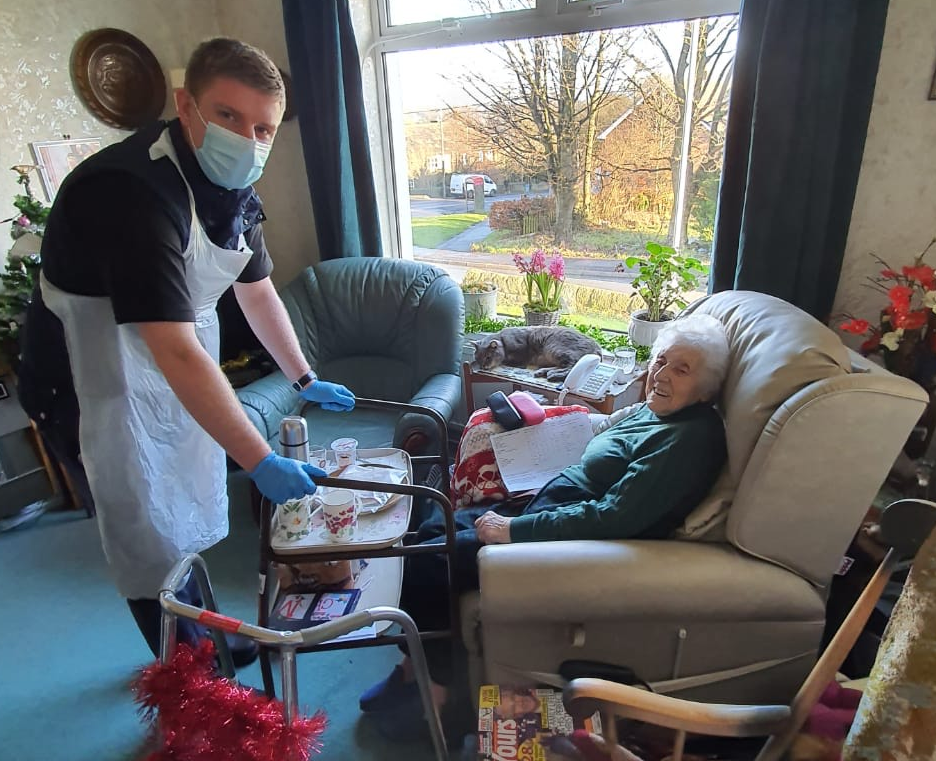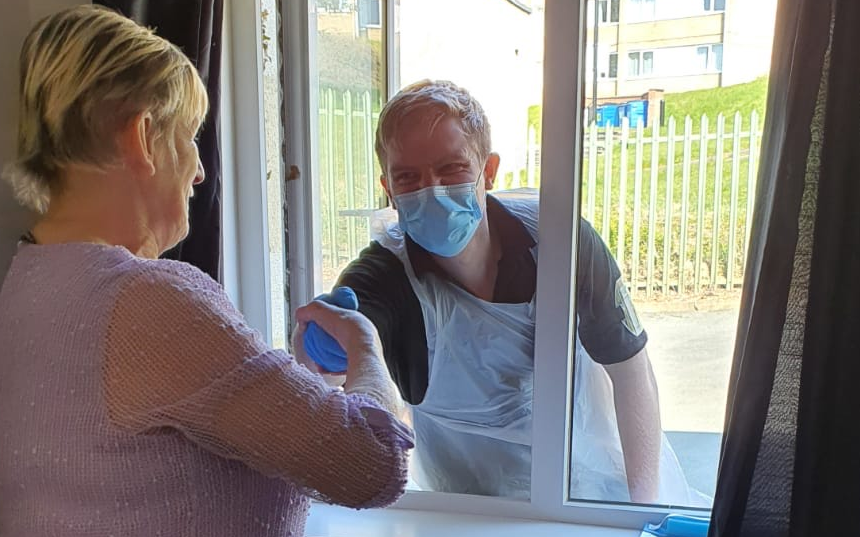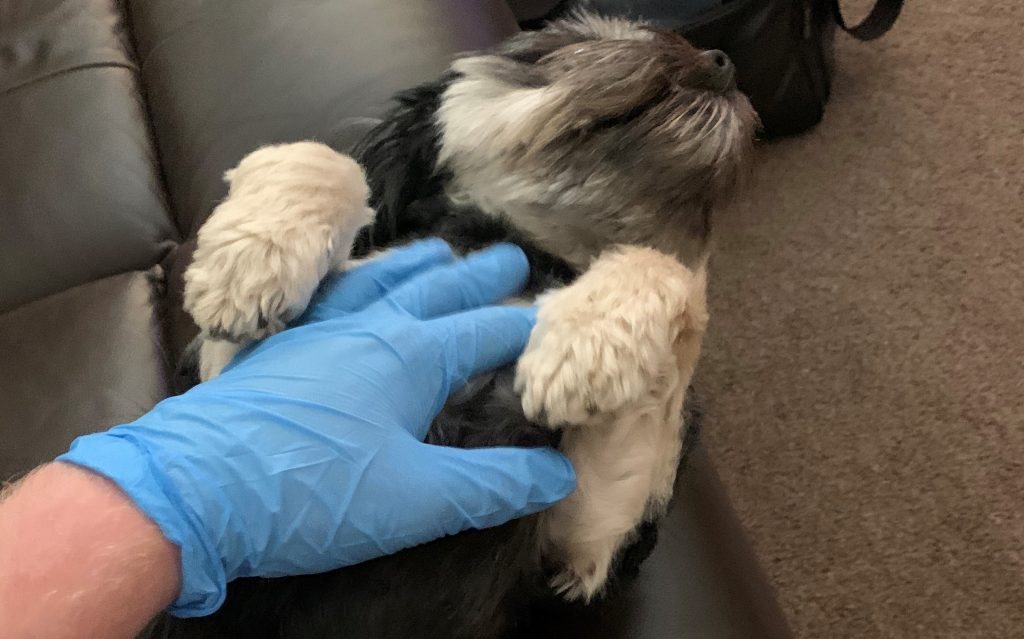Would you like to help people, in a range of environments, in a job that ensures you are always on the move and constantly facing new challenges? Joshua Wainwright FBDO FdSc BA (Hons) works for Specsavers Domiciliary, delivering eyecare to those who can’t get to the practice due to health or mobility issues. Alongside this he is a trainer and is studying to further develop his low vision skills and knowledge.
Describe your typical day.
The night before I’m due to work, I print off my schedule which provides me with a list of venues, the patients’ places of residence. I establish what time I need to set off in the morning. Sometimes this can be a long drive, other days it could be 30 seconds down the road.

The corporate car needs to be loaded and unloaded every morning and night, so setting the car up with the correct equipment for the day is key. A delivery day will require full fitting kit to enable me to fit adjust spectacles so they fit the patient perfectly, a testing day will need frames for people to try on, trials sets to allow the optometrist to carry out the sight test, etc.
The patients we see tend to be over 80 years old which can have its challenges, but you do hear some cracking stories along the way.
We also see younger patients and even children too, generally those with a physical disability or mental health issue. The beauty and the curse of domiciliary work is until the front door has been opened you have no idea what you’ll be confronted with; it certainly keeps you on your toes.
We test the patient’s eyes, doing a full refraction – this is the bit that gives us the numbers to make lenses to help our patients see as best as they can – and a thorough health check too. I’ve found there is a lot more pathology in domiciliary work than what I encountered in practice. Moreover, working in tandem with an optometrist means you’re right in the front seat of everything going on, you usually don’t see this in practice.
We recommend spectacles where appropriate and refer on to specialists a fair bit too. Things like cataracts, macular degeneration, visual field defects give us plenty of opportunity to explore our knowledge and apply it more widely.

What do you start with every day?
A flask of tea in the car.
What do you love about your job?
The variety, every day is truly different.
I love the variety of pathology we see! It really gives you something to think about when dispensing a patient with complex eye care needs compounded with perhaps physical or mental health concerns too.
What are the challenges?
Deciding what is the best thing to do for a patient when they have limited or no capacity; with conditions such as dementia when the patients have no family to help come to a mutual decision can be tough. You’ve always got to put the patient first, so I sometimes call a colleague to make sure every angle has been
What do you do to wrap up the day and prepare for the next one?
Call the office team and let them know if we need to rebook anyone or follow up with.
Unpack the car, prepare the paperwork to send to the office, have a cup of tea.

